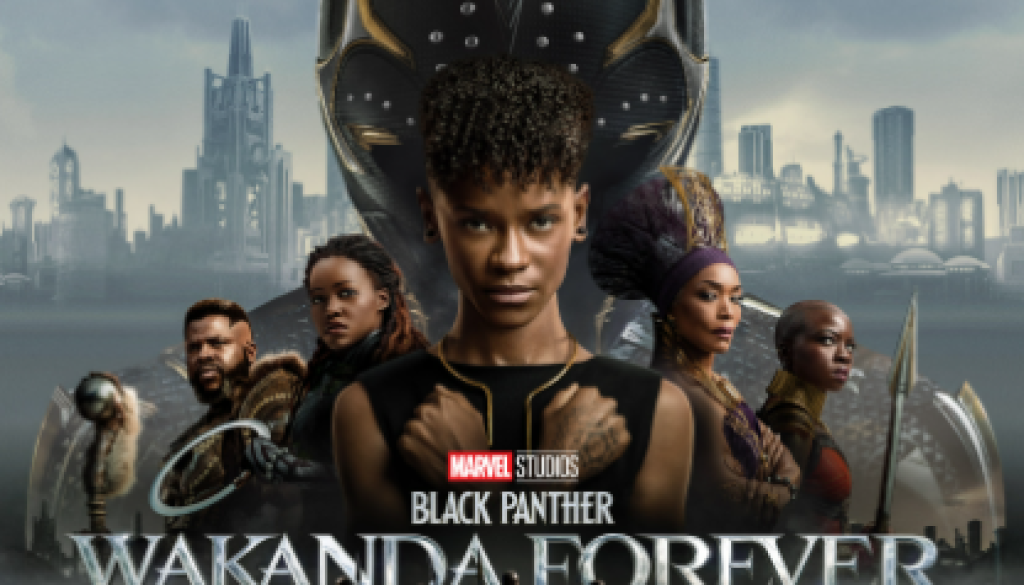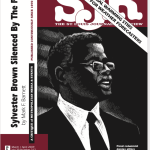
By Erika Whitfield
The future is Black. Being Black is everything. If we want to experience the limitlessness of what is possible in this world, we have to embrace Afro-futurism.
The long-awaited Black Panther sequel is yet another reminder of why representation is vital to our existence. It’s the intersection between truth and imagination that the world needs to see, that Black people need to experience on a regular basis — an African nation with the greatest resource in the entire world, vibranium, colonizers attempting to steal it, women warriors charged with protecting it. Not to mention the powerful women characters, two with ingenious science acumen and a regal African queen. Honestly, it doesn’t sound so far-fetched.
In a world where Africa is often misidentified as a country and portrayed as primitive and underdeveloped, Wakanda reminds us that Africa is indeed a continent and the epicenter of the most sought after resources from copper to zinc.
I have the honor and privilege of teaching the first section of Black Science Fiction at Clayton High School. It’s a senior elective. When building the foundation for the curriculum, I read portions of Elizabeth Alexander’s The Black Interior. Alexander refers to the dream space throughout her writing. This is the space where the black people no longer pigeon-hole themselves into a particular world. It is the ability to create our own imaginative spaces no matter how other worldly they might seem.
“What I am calling a dream space is to my mind the great hopeful space of African American creativity. Imagining a racial future in the black interior that we are constrained to imagine, outside of the parameters of how we are seen in this culture, is the zone where I am interested in African-American creativity. ‘The black interior’ is not an inscrutable zone, nor colonial fantasy. Rather, I see it as inner space in which black artists have found selves that go far, far beyond the limited expectations and definitions of what black is, isn’t or should be.”
-Elizabeth Alexander, The Black Interior
Octavia Butler sits at the helm of the Afro-futuristic ship. Her work serves as our genesis. She is the brick and mortar structure that houses our understanding of this genre. Through her work, we are building a working definition of what Afro-futurism is for us. So far, it serves as a space where the black existence intersects with dystopian worlds that explore complex social issues that impact our communities. It’s the space where black people can present themselves as flawed and authentic but still victorious.
My daughter has seen Black Panther Wakanda Forever three times already. I dare not ask her why. I know why. Seeing herself authentic and victorious on screen in the “black interior” never gets old. Seeing the possibility of the impossible is a feeling that one should have all the time because being Black is everything.




